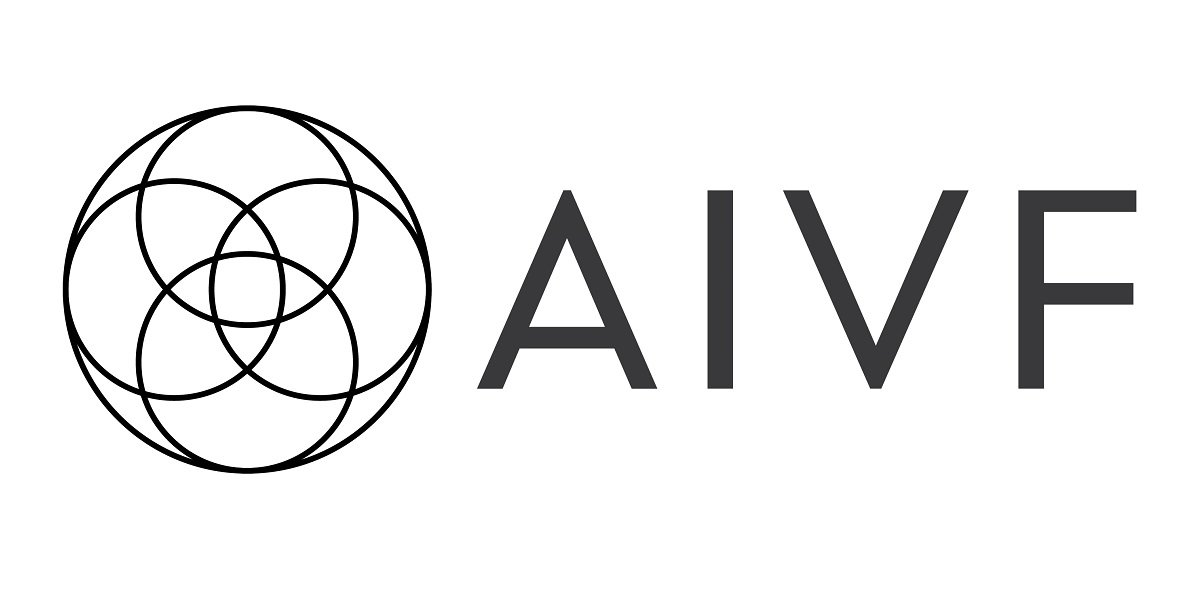WoW Woman in FemTech I Daniella Gilboa, co-founder and CEO of AIVF
Daniella Gilboa is the co-founder and CEO of AIVF. AIVF is a reproductive technology company transforming the fertility journey. The company was founded by fertility experts for fertility experts. Their proprietary AI software platform is based on scientific research and driven by real-world clinical use to help fertility clinics optimize IVF processes and outcomes for individuals seeking assisted reproductive technology to build their families.
Tell us a bit about your background and your projects so far.
I am the co-founder and CEO of AIVF. Prior to founding the company with Prof Daniel Seidman, I worked as a Clinical Embryologist for 15 years.
How did you get into this industry? Has it been an easy industry to get into or have you had many challenges?
While working on my Ph.D., my advisor suggested that I should turn my thesis into a technology company. The change from scientific researcher to entrepreneur was intense, however, I had several mentors who helped me navigate the new world of entrepreneurship.
How long did it take you to be where you are now? What was the biggest obstacle?
We founded the company in 2018 and have spent the last 3+ years deep in research, collecting data from leading fertility institutions in the US, Europe, Israel, and Asia. Today, our AI-powered EMA software platform is operational in fertility clinics across Europe. The biggest obstacle at the beginning of the journey was finding the investor that was the right fit for our company. While Femtech is experiencing a boom right now, that was not the case just a few years ago. Women’s health is now getting much deserved attention – we are 50% of the human population after all and only have been part of clinical research since the 1990’s.
What are the challenges of being in the industry you are in?
In the fertility industry, the key challenge is changing legacy behavior. There are fields, such as Radiology, where innovation was embraced, and the impact has been transformational. Reproductive medicine has been slow to adopt advanced technology. For example, time-lapse incubators have been available for years, yet the debate continues on their clinical benefit.
Another challenge is a crowded market. There are hundreds of Apps targeted to help you get pregnant, or avoid pregnancy, monitor hormones, exercise, mental health, and more for individuals on a fertility journey. While we are taking more control over our health, which is empowering, we are also experiencing information overload. How does one make clear, evidence-based decisions in this cacophony? I believe that consolidation will continue in the fertility field as can been seen by the acquisition of One Medical by Amazon, Modern Fertility and Dada by Ro, and Ava by Femtech Health. The future is owning the entire journey.
What are your biggest achievements to date?
First of all, we have turned our groundbreaking research into the foundation for a product that answers the exact needs of the clinic. Secondly, we have brought together a wonderful, dedicated team that enjoys coming to work and contributing to changing the lives of so many people. Finally, we have assembled an amazing board of directors and investors who understand the challenges and expertly guide us on the right path. This is an amazing ride.
What are the projects you are currently working on?
AIVF is currently working on researching the behavioral aspects of applying innovative AI solutions in fertility clinics – the interaction of humans and intelligent software to provide better care.
Is the #WomenInTech movement important to you and if yes, why?
Yes, #WomenInTech is important to me. I believe that it is important to create opportunities for women and young girls to thrive in risk-taking, technology-oriented environments.
What will be the key trends in your industry in the next five years and where do you see them heading?
The industry will develop into a more innovation-driven ecosystem where multidisciplinary teams work on problems for better fertility care. Medicine, in general, is going in that direction and for reproductive care, this will mean more transparency and accessibility. Women will continue to take control, accruing knowledge and empowering them to make informed decisions about their fertility and their health.
What is the most important piece of advice you could give to anyone who wants to start a career in this industry?
When you are building a medical product, it must be based on research and answer the needs of the customer. Don’t fall in love with your product until you have clearly established that you are solving a real, meaningful problem, confirmed by listening to your user. This is true for everyone, but in healthcare, this is even more critical.
Who are three inspirational women in your respective industry you admire?
These three inspirational women have made significant contributions to the fertility ecosystem.
Former First Lady, Michelle Obama opened the door for millions of women to share their fertility journeys by openly discussing her and Barack’s infertility struggles and bringing her two children into the world with IVF.
Jean Purdy was an embryologist who pioneered in vitro fertilization and was the first to see the embryo development that would become Louise Joy Brown, the first IVF baby.
Businesswoman and philanthropist Nicole Shanahan together with her ex-husband, Google co-founder Sergey Brin, donated more than $100 million in support of fertility research. She is the creator of the Bia-Echo Foundation that develops programs focused on reproductive longevity and equality, criminal-justice reform, and the health of the planet.
Find out more about AIVF on their website.
Follow AIVF on LinkedIn, Facebook, and Instagram.
Connect with Daniella on LinkedIn.
This interview was conducted by Marija Butkovic, Digital Marketing and PR strategist, founder, and CEO of Women of Wearables. She regularly writes and speaks on topics of wearable tech, fashion tech, IoT, entrepreneurship, and diversity. Follow Marija on Twitter @MarijaButkovic and read her stories for Forbes here.



